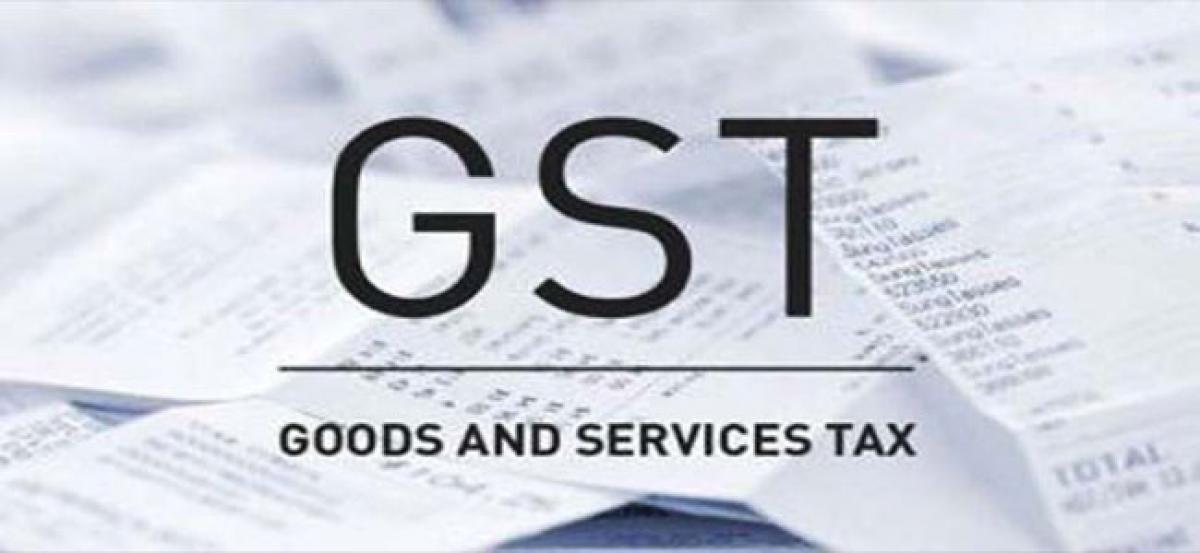Live
- $2.2 trillion in infra investment to help India become $7 trillion economy by 2030
- NLC India Limited’s First Supercritical Power Plant Begins Commercial Operation
- YouTube Expands AI Auto-Dubbing to More Creators
- Australia: Two teens arrested over shooting, car fire in Sydney
- Dedicated Mirasi of Vedanta Desikar temple passes away
- Attacks on Hindus in B'desh: Why are Nobel laureates from Bengal not saying a word, asks Anirban Ganguly
- Civic chief inspects MSME survey
- MLA inaugurates development projects in Chittoor
- SBI offers collateral-free loans to empower farmer groups
- Dist police annual sports meet begins









